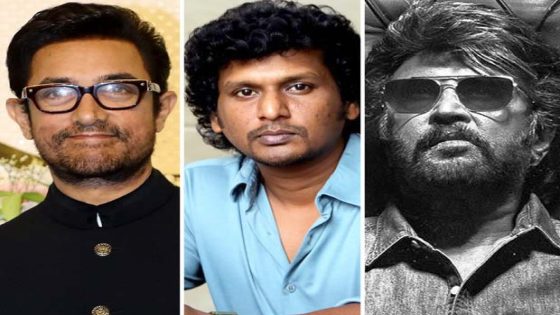Novak Djokovic has called for “clear protocols” and “standardised approaches” to tennis doping cases with Jannik Sinner having escaped a ban after testing positive for a banned substance.
The world number one twice tested positive for clostebol – a steroid that can be used to build muscle mass – in March.
The Italian was cleared of fault or negligence by a tribunal last week, with the International Tennis Integrity Agency (ITIA) finding Sinner had been inadvertently contaminated with the substance by physiotherapist Giacomo Naldi.
Naldi had been applying an over-the-counter spray – given to him by fitness trainer Umberto Ferrara – to a cut on his own hand before then carrying out treatments on Sinner.
The 23-year-old, who is no longer working with the pair, was given an automatic provisional suspension when he tested positive but was able to keep playing after successfully appealing against it.
Some players have suggested Sinner received special treatment and, speaking before the US Open, world number two Djokovic said: “I understand the frustration of the players is there because of a lack of consistency.
“As I understood, his case was cleared the moment basically it was announced. But I think five or six months [had] passed since the news [of the positive tests] was brought to him and his team.
“So, yeah, there is a lot of issues in the system,” added the 24-time Grand Slam champion. “We see a lack of standardised and clear protocols. I can understand the sentiments of a lot of players that are questioning whether they are treated the same.
“Hopefully the governing bodies of our sport will be able to learn from this case and have a better approach for the future. I think collectively there has to be a change.”
The decision not to sanction Sinner following the positive tests has been criticised on social media by a number of players including Australian Nick Kyrgios, Britain’s Liam Broady and Canada’s Denis Shapovalov.
Australian Open champion Sinner will be the top seed at the US Open, the final Grand Slam of the year, which begins on Monday.
“Many players – without naming any of them – have had similar or pretty much the same cases, where they haven’t had the same outcome,” added Serbia’s Djokovic, 37.
“Now the question is whether it is a case of the funds, whether a player can afford to pay a significant amount of money for a law firm that would then more efficiently represent his or her case.
“I don’t know. Is that a case or not? That’s something really I feel like we have to collectively investigate more, to look into the system and understand how these cases don’t happen, meaning not the case itself, but how we can standardise everything so that every player, regardless of his ranking or status or profile, is able to get the same kind of treatment.”
Source Agencies

